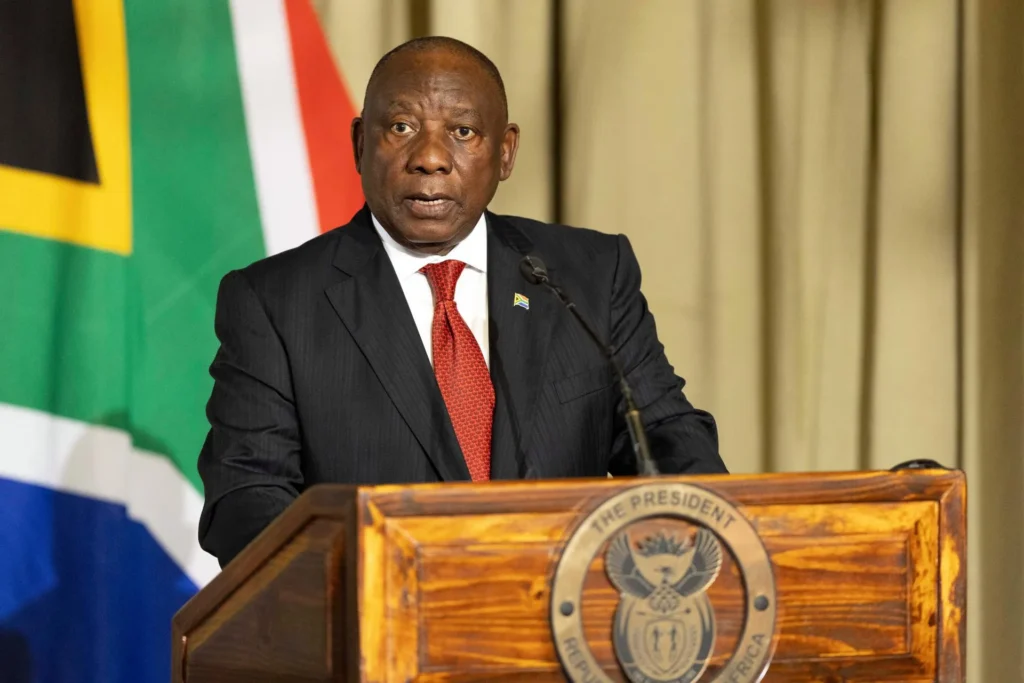South African President Cyril Ramaphosa has established a judicial commission of inquiry to investigate longstanding allegations that justice was obstructed in the prosecution of apartheid-era human rights violations.
In a statement released on Wednesday, the presidency said the commission will probe whether there were deliberate delays or undue influence that hindered investigations and prosecutions related to crimes committed under the apartheid regime. The announcement comes amid mounting legal pressure from families of political victims who claim successive governments failed to hold perpetrators accountable.
“Allegations of improper influence in delaying or hindering the investigation and prosecution of apartheid-era crimes have persisted from previous administrations,” the presidency stated.
“Through this commission, President Ramaphosa is determined that the true facts be established and the matter brought to finality.”
Despite the efforts of the Truth and Reconciliation Commission (TRC), which submitted hundreds of recommended cases to state prosecutors after apartheid officially ended in 1994, many cases were left unprosecuted.
The inquiry follows a lawsuit filed in January by 25 victims’ families and survivors in the Pretoria High Court, seeking 167 million rand (approx. $9 million) in compensation. In response, the government has requested that the case be suspended pending the findings of the new commission. However, no specific timeline has been set for the inquiry’s conclusion.
The Foundation for Human Rights, which is supporting the victims’ families, welcomed the commission but expressed concern that it could further delay justice.
“Instead of entering into mediation, [the president] has decided to offload the declaration of rights and constitutional damages onto a commission of inquiry, which has no authority to deal with it,” the organization said.
The commission is expected to uncover systemic failings and possible efforts to suppress accountability, potentially reshaping the narrative around South Africa’s post-apartheid justice system.

